
Which Vitamin Deficiency Causes Pimples on Face?
Pimples can be frustrating and embarrassing, especially when they appear on the face. While there are many potential causes of acne, one overlooked factor is vitamin deficiency. Ensuring your body gets enough essential vitamins can help keep your skin clear and healthy. In this blog, we will explore the link between vitamins and acne, which specific vitamin deficiencies tend to trigger breakouts, and how to tackle pimples by balancing the vitamin levels.
The Link Between Vitamin Deficiency and Pimples
Like all other cells in the body, skin cells need certain vitamins to function properly. Without enough micronutrients, skin cell growth and turnover can become imbalanced. This can lead to clogged pores, inflammation, and the eventual formation of pimples. Vitamins also play a role in hormone regulation, immune system health, and wound healing, all factors that usually influence acne.
Which Vitamins Are Crucial for Healthy Skin?
When it comes to prevention of acne, five vitamins stand out as being particularly important for clear skin:
- Vitamin C: Vitamin C supports collagen production and helps in reducing acne scars. Vitamin C promotes collagen synthesis and assists in the healing of wounds. The body relies on this antioxidant vitamin to repair damaged skin tissues, including acne scars. Vitamin C also helps control sebum production in acne-prone skin.
- Vitamin A: Vitamin A prevents clogged pores and reduces inflammation. Vitamin A ensures that old skin cells properly skid off to make way for new ones. Without enough Vitamin A, dead skin cells can stick together and clog the pores. This vitamin also regulates sebum production and has anti-inflammatory properties to calm existing breakouts. The Pink Foundry's Clearing & Calming Acne Face Wash can help you calm the skin for a cleaner and fresher look.
- Vitamin D: Vitamin D promotes the regeneration of skin cells and helps manage acne. Past research studies have indicated that vitamin D may impact acne by altering oil production and hindering inflammation. This vitamin also supports skin renewal and protective barrier functions. Ensuring sufficient vitamin D levels, whether you get your vitamin D from the sun or through your diet, can help prevent and treat inflammatory forms of acne.
- Vitamin E is a powerful antioxidant that helps heal the skin and prevent acne scarring. Vitamin E is often used topically, but oral vitamin E may also improve acne by acting as an antioxidant. When used together, vitamin C and vitamin E protect the skin against damage from free radicals and helps with proper tissue repair. Getting enough of this vitamin can help limit scarring and speed up acne healing.
- Vitamin B7 (Biotin): Vitamin B7 plays a key role in skin health and can help reduce breakouts. Biotin assists in converting nutrients from food into usable energy. In the skin, it promotes cell growth and renewal. Too little biotin can leave the skin more vulnerable to acne, although getting extremely high amounts can also trigger acne flares.
Which Vitamin Deficiency Causes Pimples on the Face?
Vitamins are crucial for clear and healthy skin. But are there certain vitamins to which one should pay special attention if one struggles with facial acne? Which vitamin deficiency causes pimples on the face? Here are the top vitamin deficiencies linked to acne breakouts:
- Vitamin A Deficiency: Vitamin A deficiency can lead to dry, flaky skin and clogged pores. Without sufficient vitamin A, old skin cells can stick together and clog the pores on the face, making the skin appear dull and flaky. If vitamin A levels are too low, blemishes may appear concentrated around the mouth, eyes, forehead, and cheeks.
- Vitamin D Deficiency: Vitamin D deficiency is linked to increased inflammation and may worsen acne symptoms. Studies have demonstrated that acne patients frequently have lower vitamin D levels.
Facial acne, especially the more painful cystic acne pimples, seems to appear and worsen when vitamin D is deficient. This can result from increased inflammation and compromised skin barrier function.
- Vitamin B Complex Deficiency: Vitamin B deficiencies, specifically B12 and B6, can contribute to acne flare-ups. Experts highlight that the B vitamins combine to convert food into fuel and assist in building healthy cells.
Vitamin B6 is particularly important for skin health and immunity, while Vitamin B12 helps reduce skin inflammation. Low levels of these two B complex vitamins can trigger more frequent facial breakouts. The Pink Foundry's Acne Care & Healing Gel Moisturiser with Tea Tree & Cica is a non-greasy gel moisturiser created specifically for skin types prone to acne.
- Zinc Deficiency: While not a vitamin, zinc plays a crucial role in skin health, and its deficiency can lead to acne. Zinc assists vitamin A transportation and storage in the skin. It also regulates inflammatory response and fights acne-causing bacteria. With zinc deficiency, one can develop painful, inflammatory cysts and pustules concentrated around the lower face, including the mouth and jawline.
How to Tackle Pimples Caused by Vitamin Deficiency
This section highlights the effective steps to tackle pimples caused by vitamin deficiency.
- It is important to get one's vitamin levels tested. This can be beneficial to identify any deficiencies contributing to acne. A blood test can help determine the specific vitamins one may be lacking.
- Incorporate more vitamin-rich foods into the diet. Fruits, vegetables, nuts and fish are rich in vitamins. A healthy, balanced diet packed with foods for glowing skin provides skin-loving vitamins and nutrients.
- Speak to your doctor about professional-grade oral or topical vitamin supplements to balance deficiencies. Specific vitamin supplements can help clear up acne.
- Use acne-friendly over-the-counter skincare products with antioxidants, retinoids, or vitamin C to nourish the skin locally while the vitamin levels balance. Look for products labelled as non-comedogenic.
- Give the treatment some time and be consistent. Correcting a vitamin deficiency condition can take weeks or months before acne symptoms entirely subside. It is important to stick with the treatment plan.
Best Dietary Sources of Essential Vitamins for Skin Health
Rather than relying solely on supplements, one can also fight acne-related vitamin deficiencies by consuming more of the following vitamin-rich foods:
|
Vitamin |
Recommended Foods |
|
Vitamin A |
Sweet potatoes, carrots, dark leafy greens, eggs |
|
Vitamin D |
Fatty fish, egg yolks, fortified dairy and juices |
|
Vitamin E |
Almonds, sunflower seeds, spinach, broccoli |
|
Vitamin B7 |
Yeast, eggs, cheese, salmon |
|
Vitamin C |
Citrus fruits, strawberries, tomatoes, spinach |
Conclusion
Vitamin deficiencies can sneak up on people, leaving the skin more prone to breakouts and inflammation. Facial acne localised around the mouth, eyes, or jawline can signal low levels of important skin-supporting vitamins like A, D, B (complex), and zinc.
It is important to confirm suspected deficiencies through medical testing. One can expect to tackle acne by consuming more vitamin-rich foods, using targeted supplements, and caring for the skin with acne treatment skincare products. Consistent efforts can help one balance vitamin levels and clear up acne-related issues.
FAQs
How long does it take to see results from correcting a vitamin deficiency for acne?
It can take several weeks to a few months to see significant improvement in one's skin after correcting a vitamin deficiency contributing to one's acne. It is crucial to be patient and consistent with one's treatment plan.
Is a multivitamin enough to prevent pimples caused by vitamin deficiencies?
While a standard multivitamin does provide a helpful balance of essential vitamins and minerals, it may not contain therapeutic doses of specific nutrients needed to prevent and treat acne. Testing one's vitamin levels and discussing the supplements with the dermatologist is best.








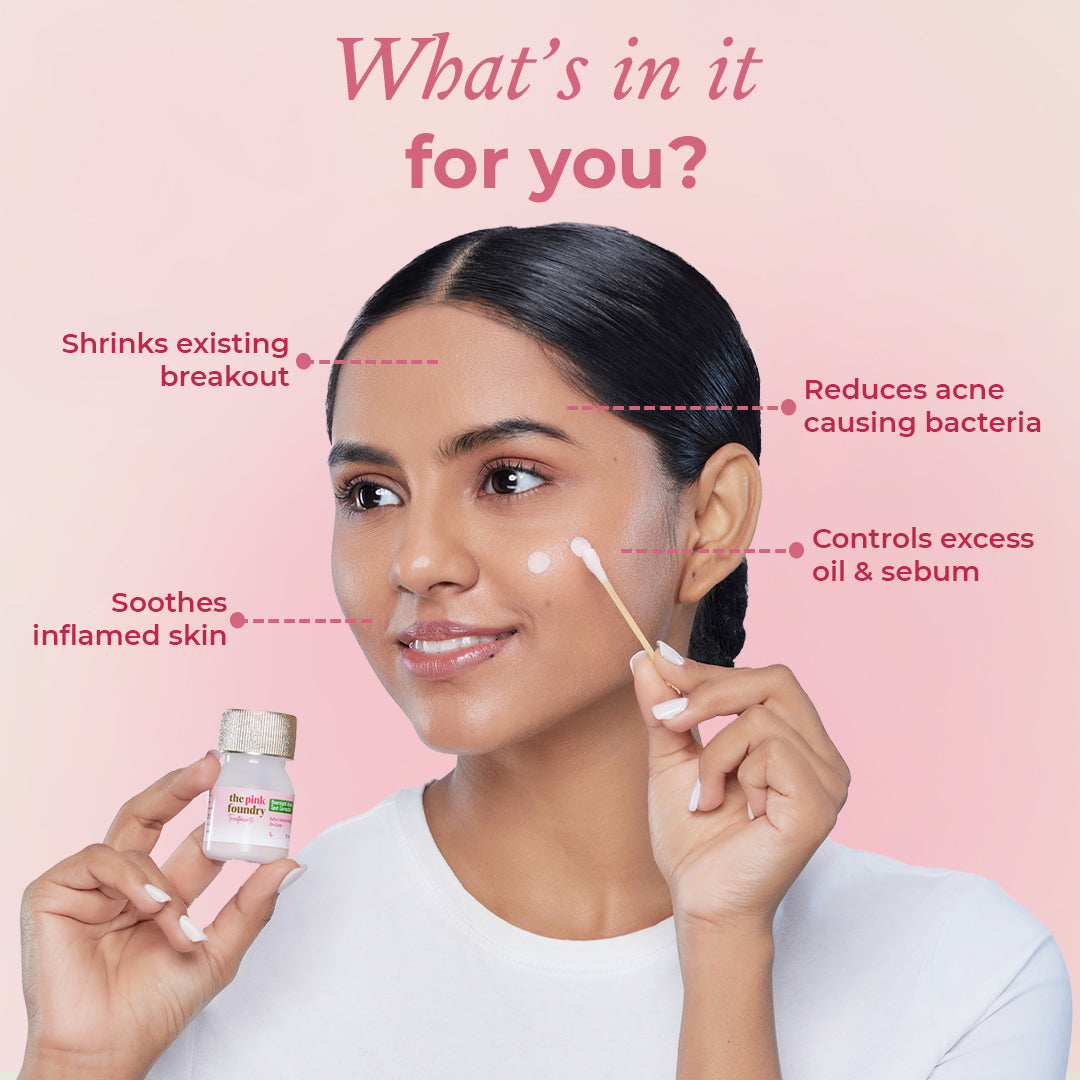
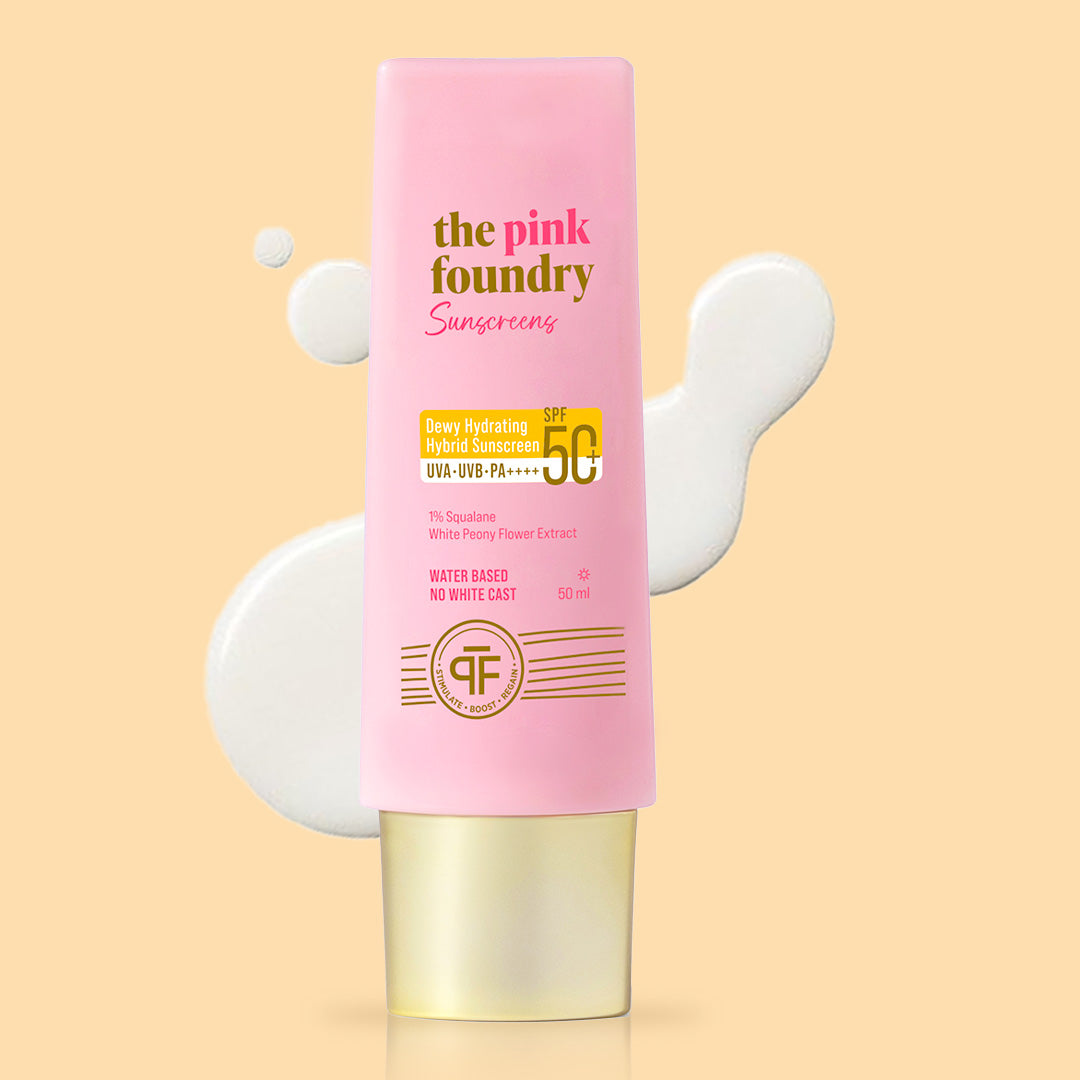
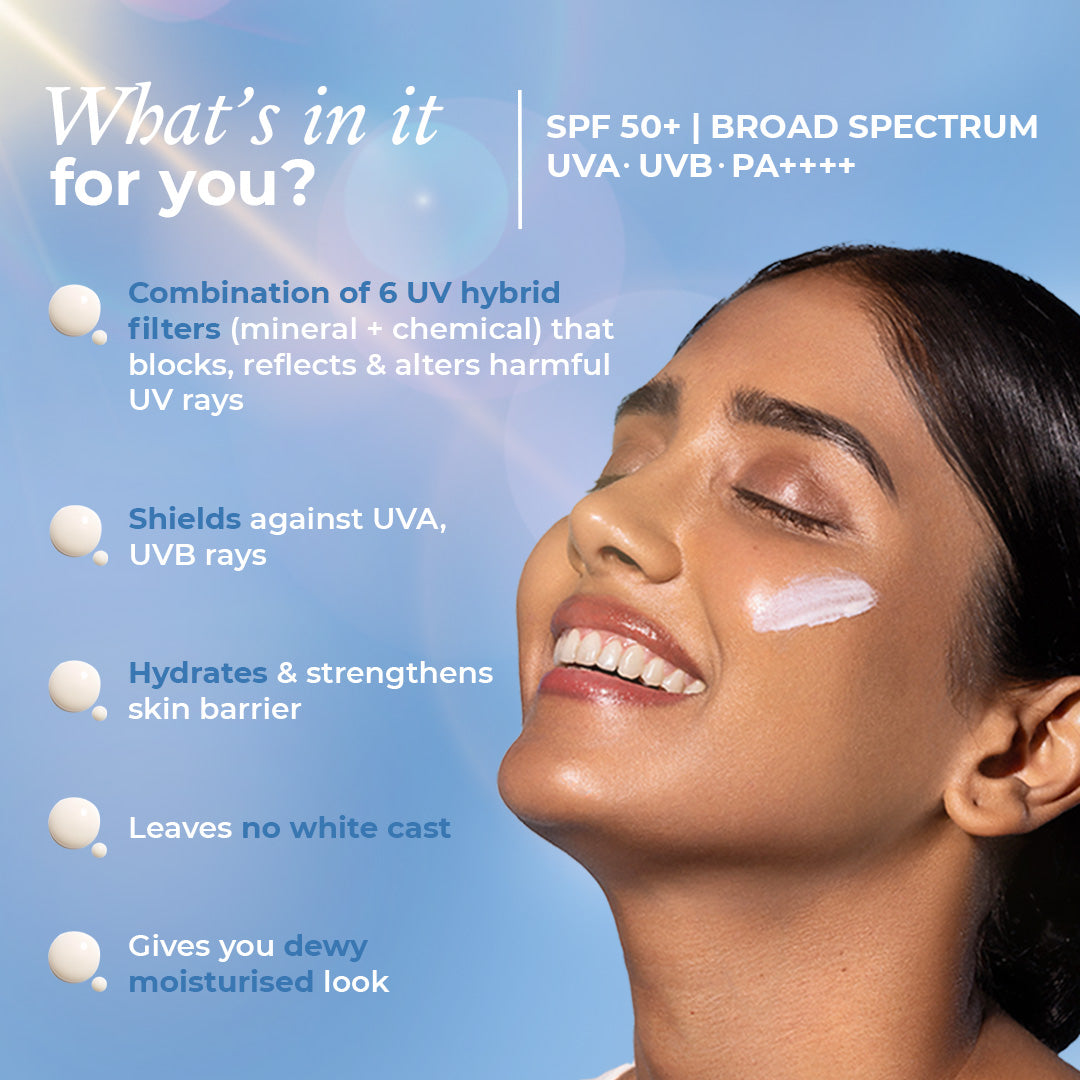


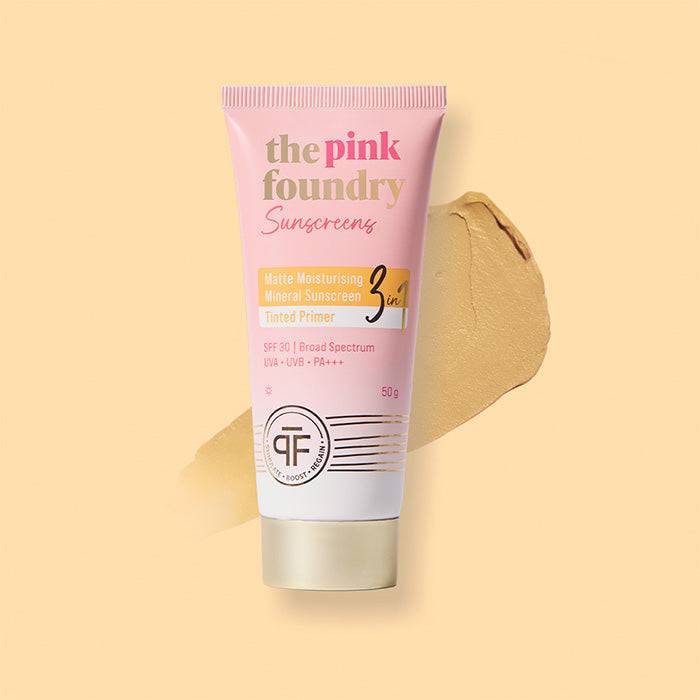
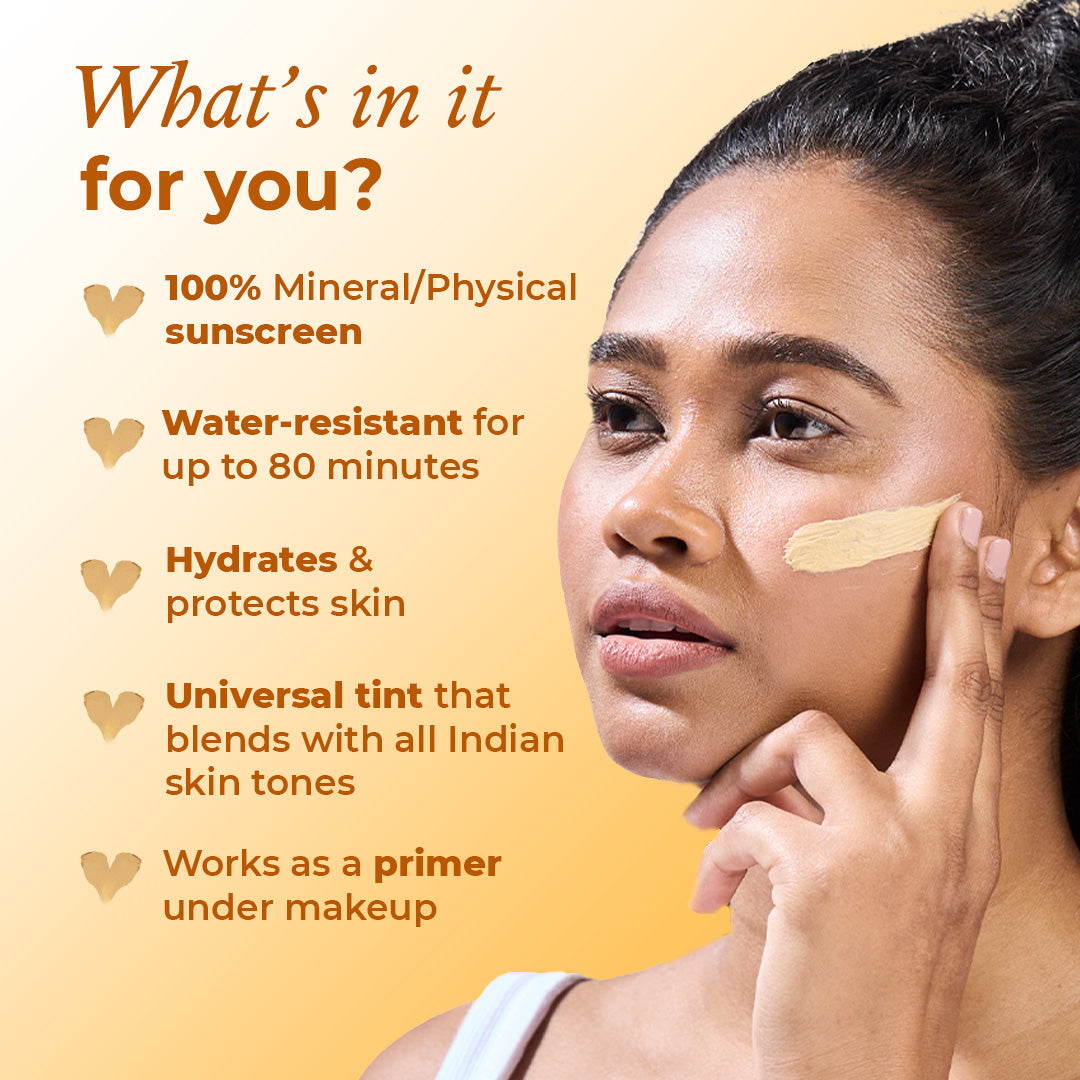



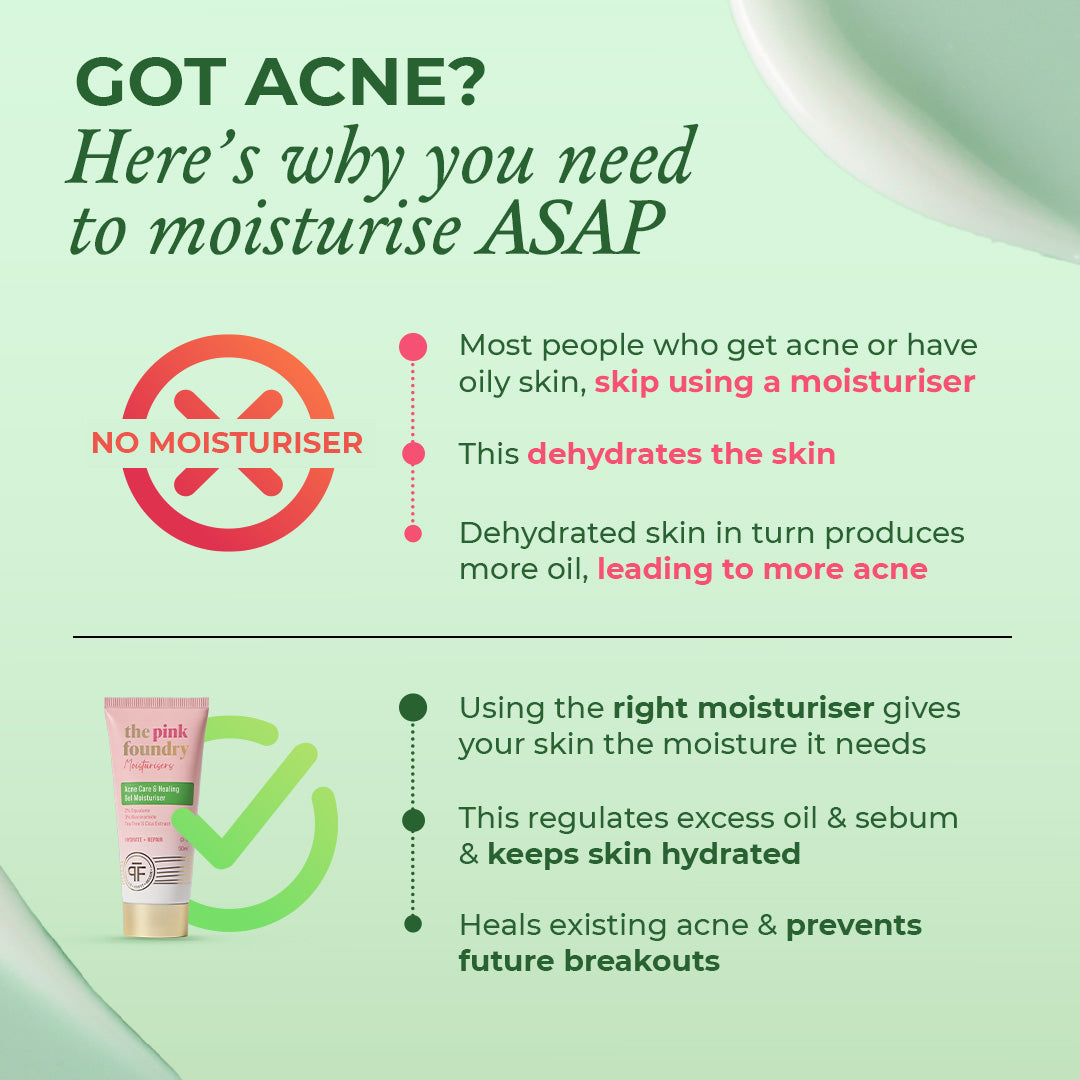
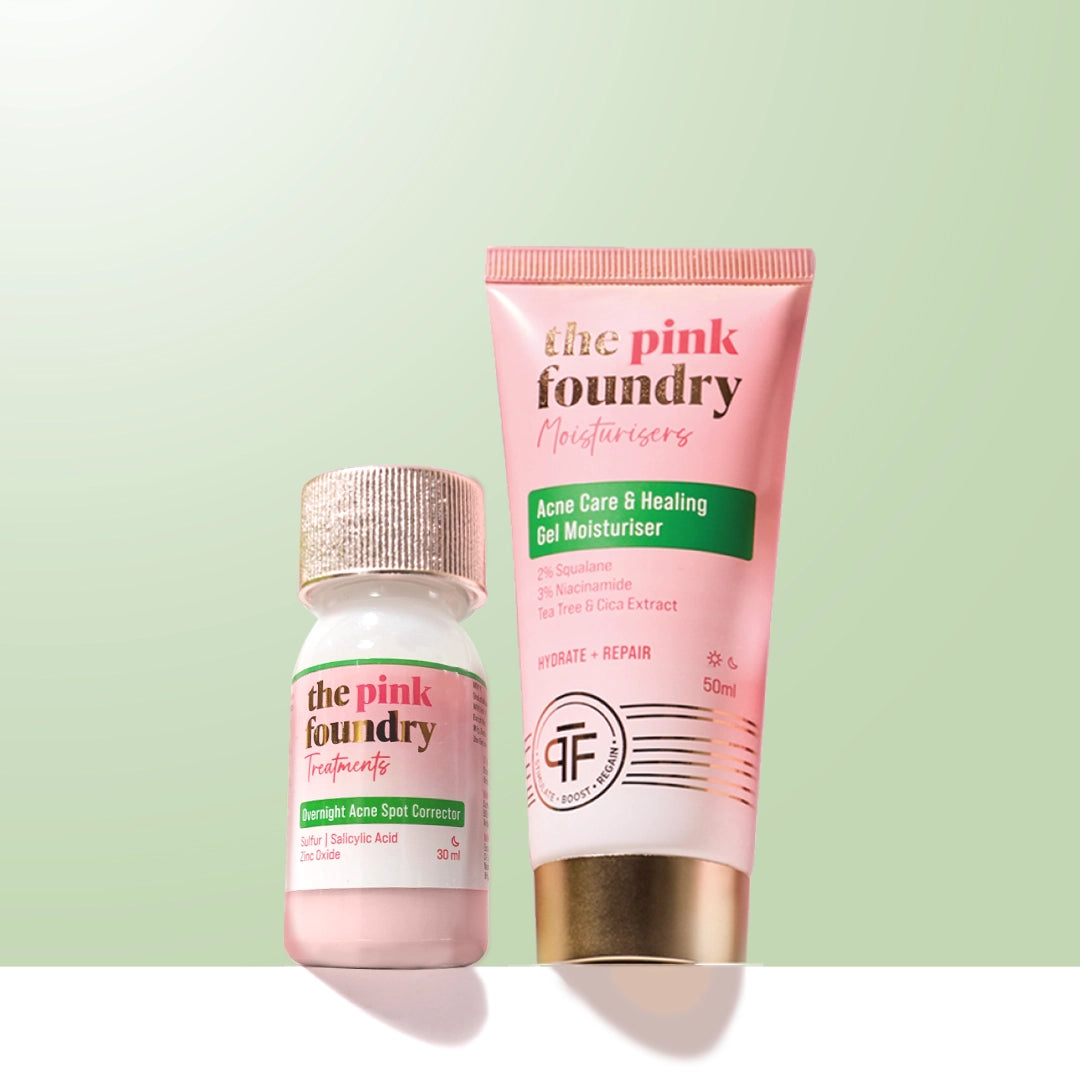
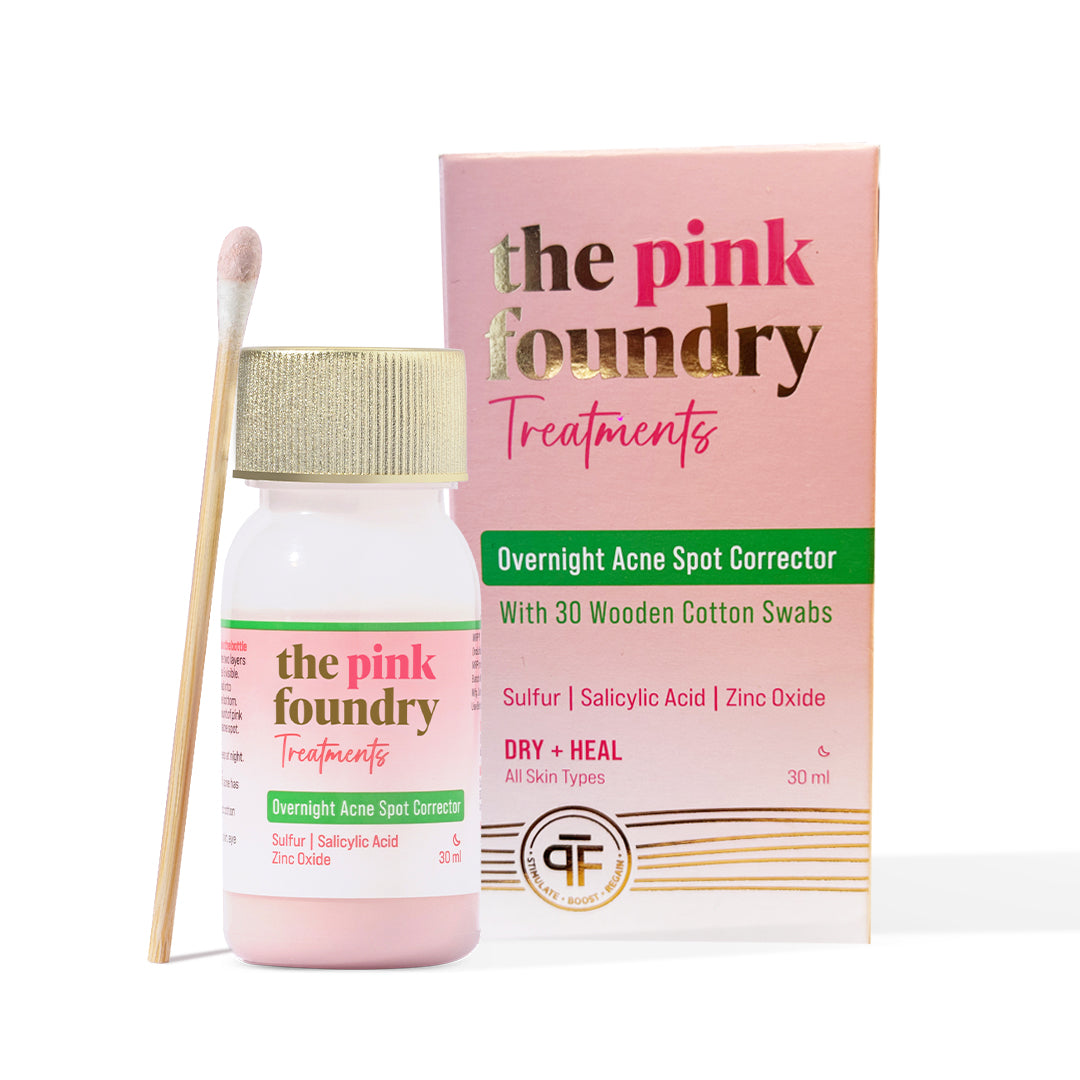
Leave a comment
This site is protected by hCaptcha and the hCaptcha Privacy Policy and Terms of Service apply.